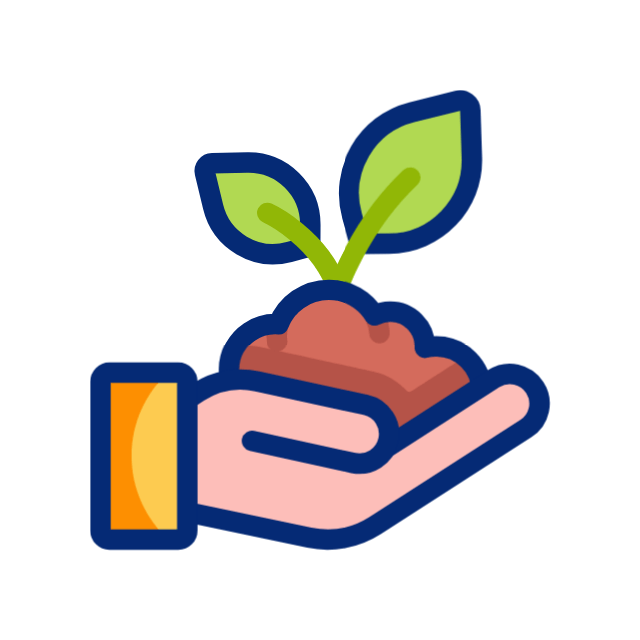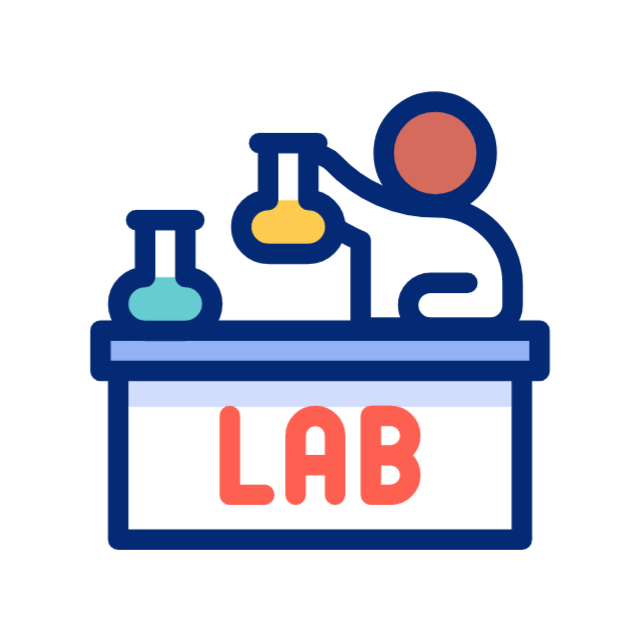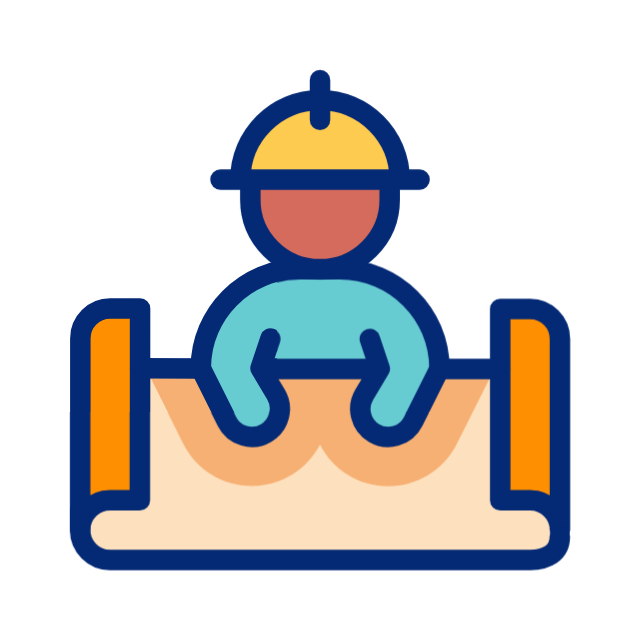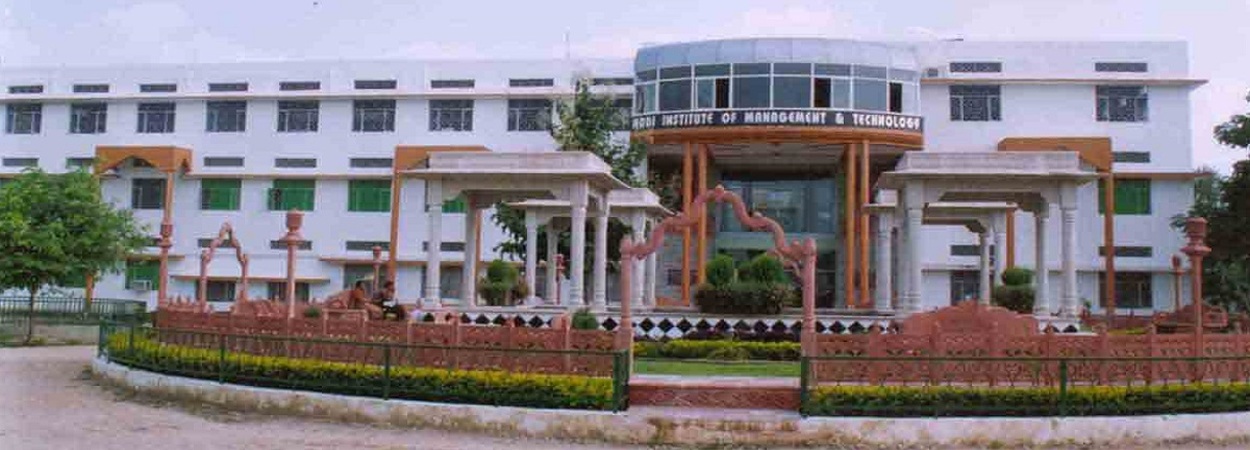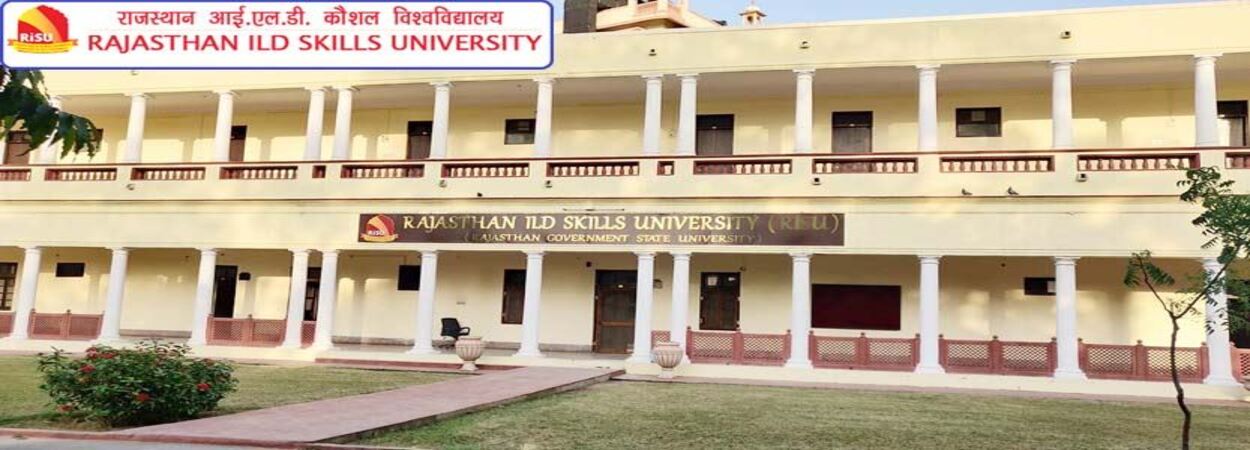Introduction:
A Ph.D. in Child Development is an advanced academic program focusing on the comprehensive study of how children grow, learn, and adapt from conception through adolescence. It encompasses physical, cognitive, and social-emotional domains, examining how these areas interact and are influenced by genetics and environment. Candidates engage in rigorous research, coursework, and internships, contributing to the field through original dissertations. This degree prepares individuals for careers in academia, policy, or practice, addressing complex issues related to children’s development and well-being.
Admission Process:
The admission process for a Ph.D. in Child Development typically involves the following steps:
- Eligibility Check: Ensure you meet the minimum requirements, such as a relevant Master’s degree with a specified grade point average.
- Application Submission: Complete an online application form, providing personal and academic details.
- Documentation: Submit necessary documents, which may include transcripts, letters of recommendation, and a statement of purpose.
- Entrance Exam/Interview: Some programs require an entrance exam or an interview as part of the selection process.
- Research Proposal: Present a research proposal outlining your intended area of study.
- Admission Offer: If successful, you’ll receive an offer to join the program.
Eligibility:
Eligibility criteria for a Ph.D. in Child Development generally include:
- Master’s Degree: In Child Development or a related field like Psychology, Sociology, or Education.
- Minimum Marks: Typically, a 55% aggregate or equivalent grade (50% for reserved categories).
- Research Experience: Some institutions may require prior research experience or publications.
- Entrance Exam: Many programs require qualifying national or university-level entrance exams.
- Interview: An interview may be part of the selection process to assess the candidate’s suitability.
- No Age Limit: Most programs do not have an age restriction for applicants.
Completion Time:
The completion time for a Ph.D. in Child Development varies by institution and the student’s enrollment status. Typically, full-time students can complete the program in 4 years, while part-time or flex-time students may take up to 6 years. Some programs offer a minimum duration of 2 years and a maximum of 5 years. The timeline includes coursework, internships, and the dissertation phase, which involves conducting original research and writing a thesis.
Career Opportunities:
A Ph.D. in Child Development opens doors to diverse career paths:
- Academia: Teach or conduct research at universities.
- Policy Making: Influence child development policies at government agencies.
- Consultancy: Advise on child development programs.
- Non-Profit Sector: Lead initiatives in child and family services.
- Healthcare: Work in hospitals or clinics focusing on pediatric development.
- Counseling: Provide specialized child and family counseling.
- Corporate: Develop child-related products or services.
- Advocacy: Champion children’s rights and well-being.
- Program Evaluation: Assess the effectiveness of child development programs.
- Research: Lead groundbreaking studies in child development.
Syllabus:
The syllabus for a Ph.D. in Child Development typically includes:
- Advanced Research Methods: In-depth study of qualitative and quantitative research techniques.
- Developmental Theories: Exploration of key theories in child development.
- Cognitive Development: Understanding cognitive processes from infancy through adolescence.
- Social-Emotional Learning: Examining emotional and social growth.
- Language Acquisition: Study of language development and communication skills.
- Ethical Considerations: Addressing ethical issues in research with children.
- Statistical Analysis: Training in advanced statistical methods for data analysis.
- Dissertation Seminar: Guidance on dissertation writing and research presentation.
- Specialized Electives: Courses tailored to specific interests within child development.
Internship Opportunities:
Internship opportunities for Ph.D. students in Child Development are diverse and enriching:
- UNICEF: Offers internships ranging from 6 to 26 weeks, providing hands-on experience in the humanitarian sector.
- Save the Children: Semester-long paid positions that offer real-world non-profit experience and broad exposure.
- Research Internships: Some programs require completing research internships, often supervised by faculty advisors.
- Government Agencies: Opportunities to work on policy development and program evaluation.
- Non-Governmental Organizations (NGOs): Engage in fieldwork and research impacting child welfare.
- Academic Institutions: Participate in ongoing research projects or assist in teaching.
- Private Sector: Collaborate with companies on child-related products and services.
Scholarship and Grants:
Scholarships and grants for a Ph.D. in Child Development may include:
- Prime Minister Fellowship: For doctoral research with stipend and benefits.
- Fulbright-Nehru Fellowships: For research in the U.S.
- Jawaharlal Nehru Memorial Fund: For scholarly studies.
- Google Ph.D. Fellowship: For innovative research in technology and society.
- ICHR Junior Research Fellowships: For historical research.
- Maulana Azad National Fellowship: For minority students.
- NCERT Doctoral Fellowship: For educational research.
- CSIR-UGC JRF NET Fellowship: For scientific research.
- GATE Financial Assistance: For engineering and technology graduates.
- Swami Vivekananda Single Child Scholarship: For social science research.
FAQs:
What qualifications do I need to apply?
- A Master’s degree in Child Development or a related field is typically required, with a minimum percentage or grade point average as specified by the institution.
How long does the program take to complete?
- The program usually takes 4 to 6 years for full-time students, but this can vary based on the institution and the student’s progress.
What kind of research will I be conducting?
- Research is often multidisciplinary and can cover various aspects of child development, such as cognitive, social-emotional, and physical growth.
Are there opportunities for teaching or internships?
- Yes, many programs offer teaching assistantships and internship opportunities in research, clinical, and community settings.
Can I work while completing my Ph.D.?
- Part-time enrollment is possible in some programs, allowing students to work while studying.
What career options will I have after graduation?
- Graduates can pursue careers in academia, research, policy-making, consultancy, and more.
Is funding available for Ph.D. students?
- Many institutions offer scholarships, fellowships, and grants. Specific opportunities depend on the program and the student’s research area.
What is the application deadline?
- Deadlines vary by institution, so it’s important to check with the specific program you’re interested in.
Do I need to submit a research proposal with my application?
- Some programs require a research proposal outlining your intended area of study as part of the application process.
Will I have an advisor or mentor during my Ph.D.?
- Yes, students are typically assigned an advisor or mentor to guide their research and academic progress.

